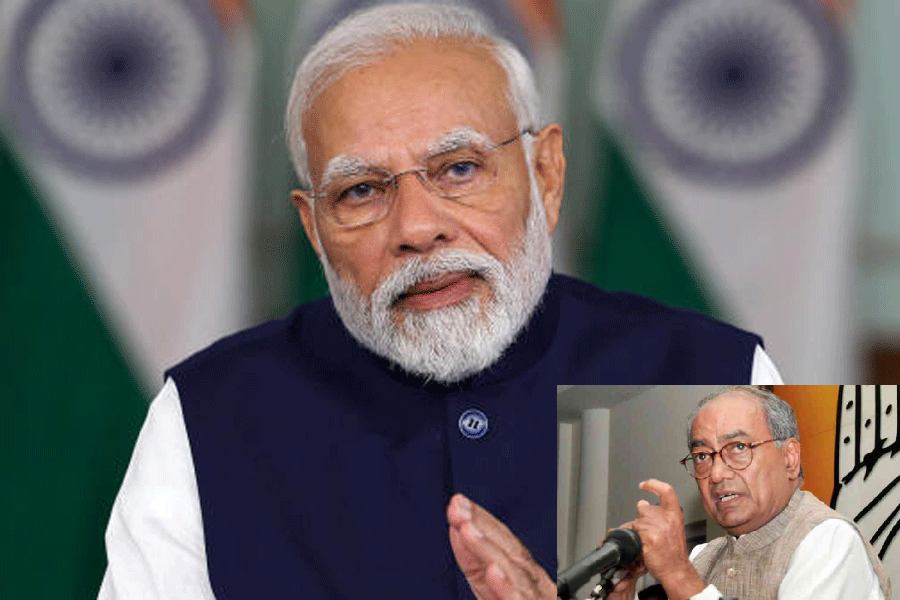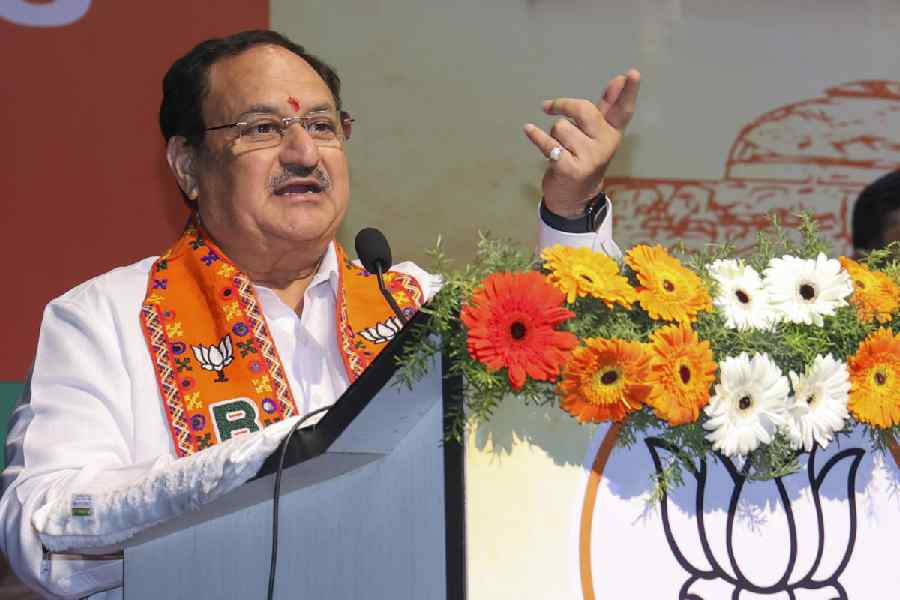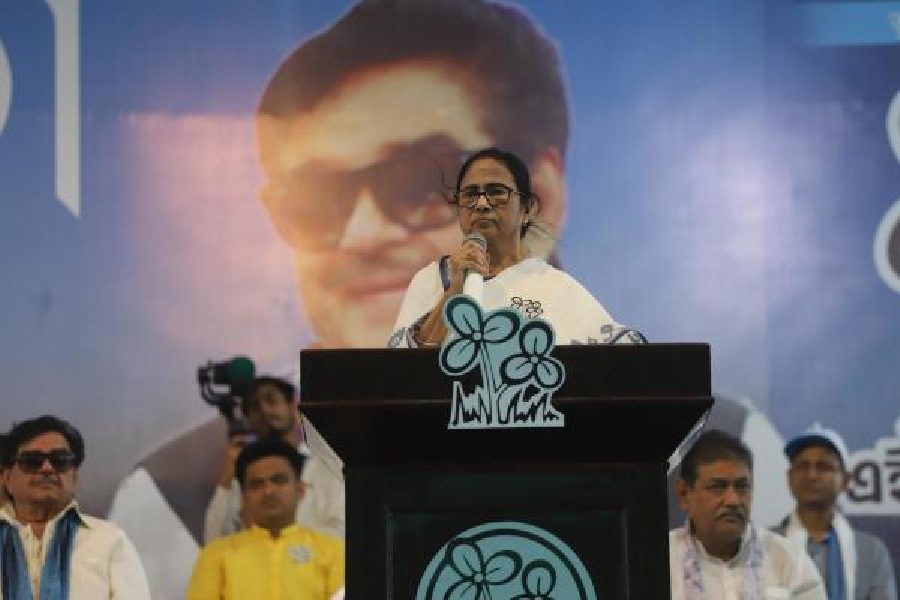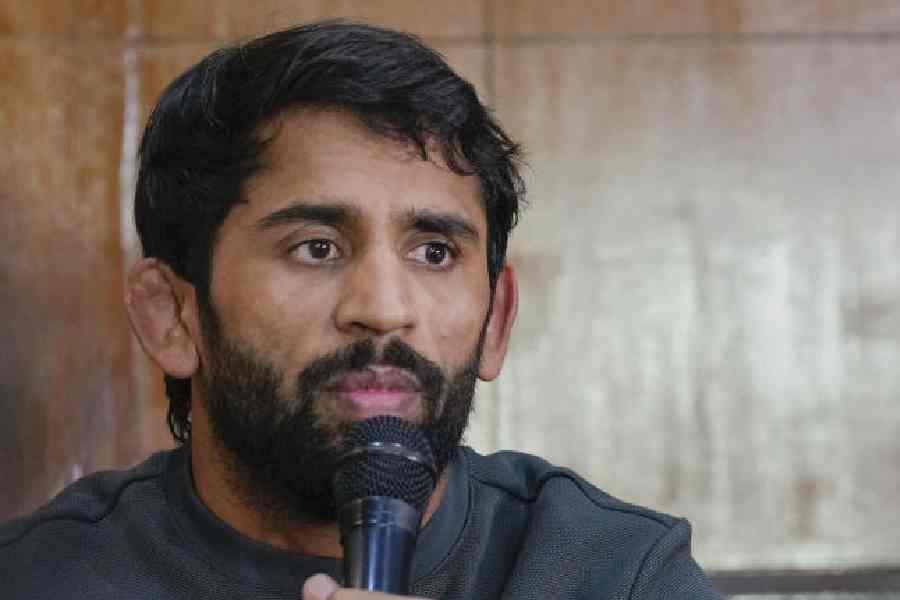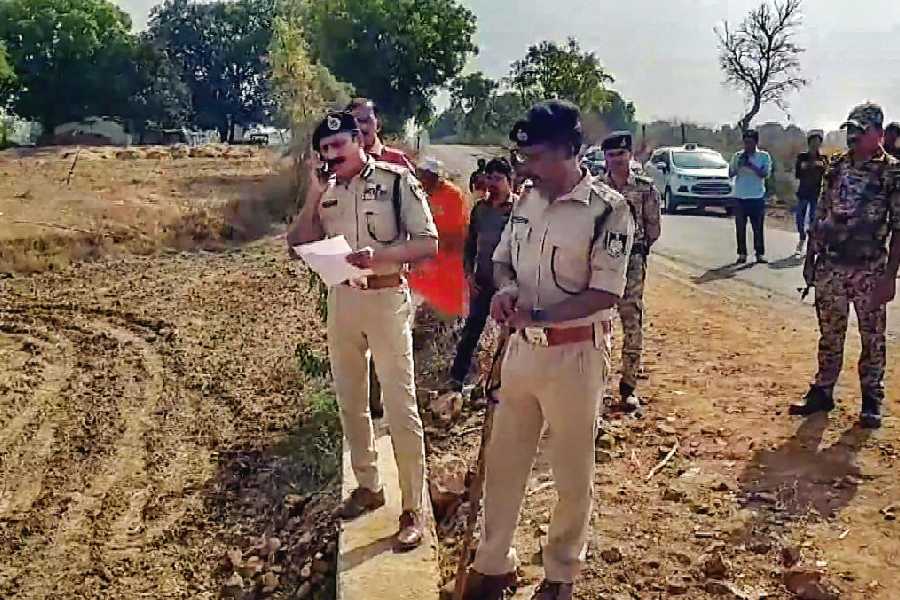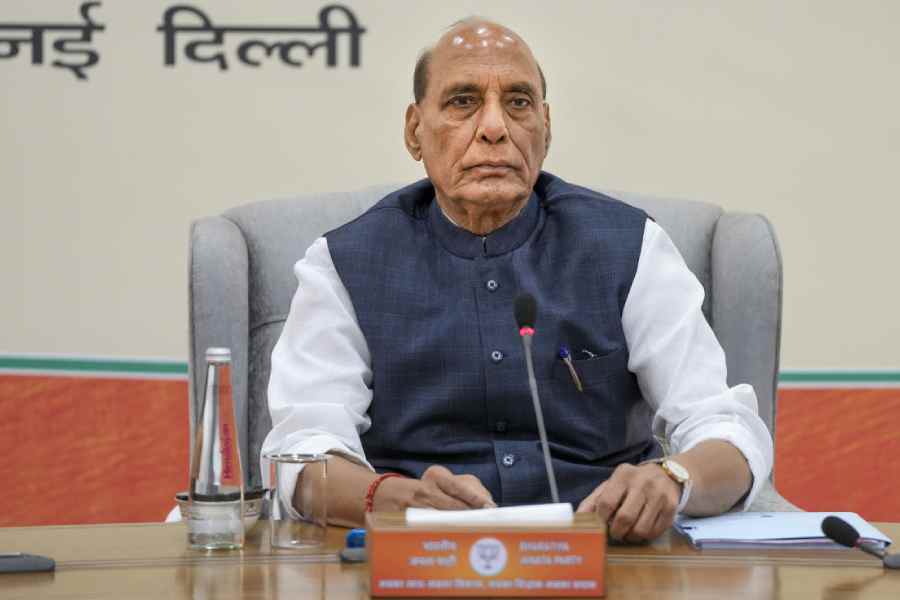
New Delhi: Online courses are poised to start in India, with the higher education regulator allowing top universities to offer these courses in select disciplines involving e-tutorials, e-content and assessment through proctored (supervised) examinations.
The University Grants Commission last month notified the UGC (On-line Courses or Programmes) Regulations 2018, which provide for delivery of the course content in digital form. In 2016, the commission had allowed institutions to teach 20 per cent of any course online.
To offer fully online courses, a university needs to have scored at least 3.26 accreditation marks on a scale of four and ranked among the top 100 in the National Institute of Ranking Framework, conducted by the human resource development ministry, for the preceding two years.
Government-run open universities have been exempted from these two conditions because they are yet to participate in ranking and because there are no accreditation norms for such institutions.
Nearly 40 universities, including Jadavpur University, are eligible to offer the online courses but must first apply to the commission for vetting of their preparedness.
If an eligible university can satisfy the regulator, it is free to start teaching an online course from the current academic year.
An institution can continue to teach a regular classroom course in a discipline in which it is offering an online course. Online courses, however, are not allowed in certain subjects such as medicine, engineering and law.
The course content will be provided online in the forms of videos, audios and digital study material, to be prepared by in-house faculty. Initially, the material will be delivered through the government's Swayam portal.
All the institutions offering online courses will have to set up quality assurance cells to ensure standards are maintained in the preparation and delivery of the course content.
The students can assess themselves by participating in quiz programmes and discussion forums, carrying out assignments and seeking clarifications. Exams will be conducted at specified centres with invigilators watching.
A Delhi University teacher said the quality of the courses and of the standard of learning would remain a concern.
"The conventional face-to-face mode enables students to build a healthy relationship with their teachers and friends for better learning," the teacher said.
"In a faceless environment, the student will be left to himself, trying to learn with the assistance of web content. It remains to be seen how effective it will be."
A few teachers are worried that some urban colleges may face cuts in teaching and non-teaching posts if a large number of students prefer to pursue online courses in their areas.
Some academics said they feared that the online courses would not attract rural students for they may lack the digital resources.
Furqan Qamar, a professor and secretary-general of the Association of Indian Universities, dismissed most of these fears but said "the logistics of the conduct the examinations" remained a worry.
"The fear that online courses will reduce the demand for regular courses or affect the sanctioned posts is far-fetched," Qamar said.


